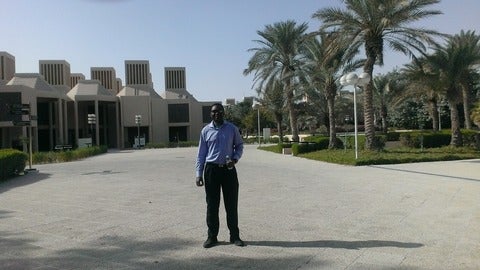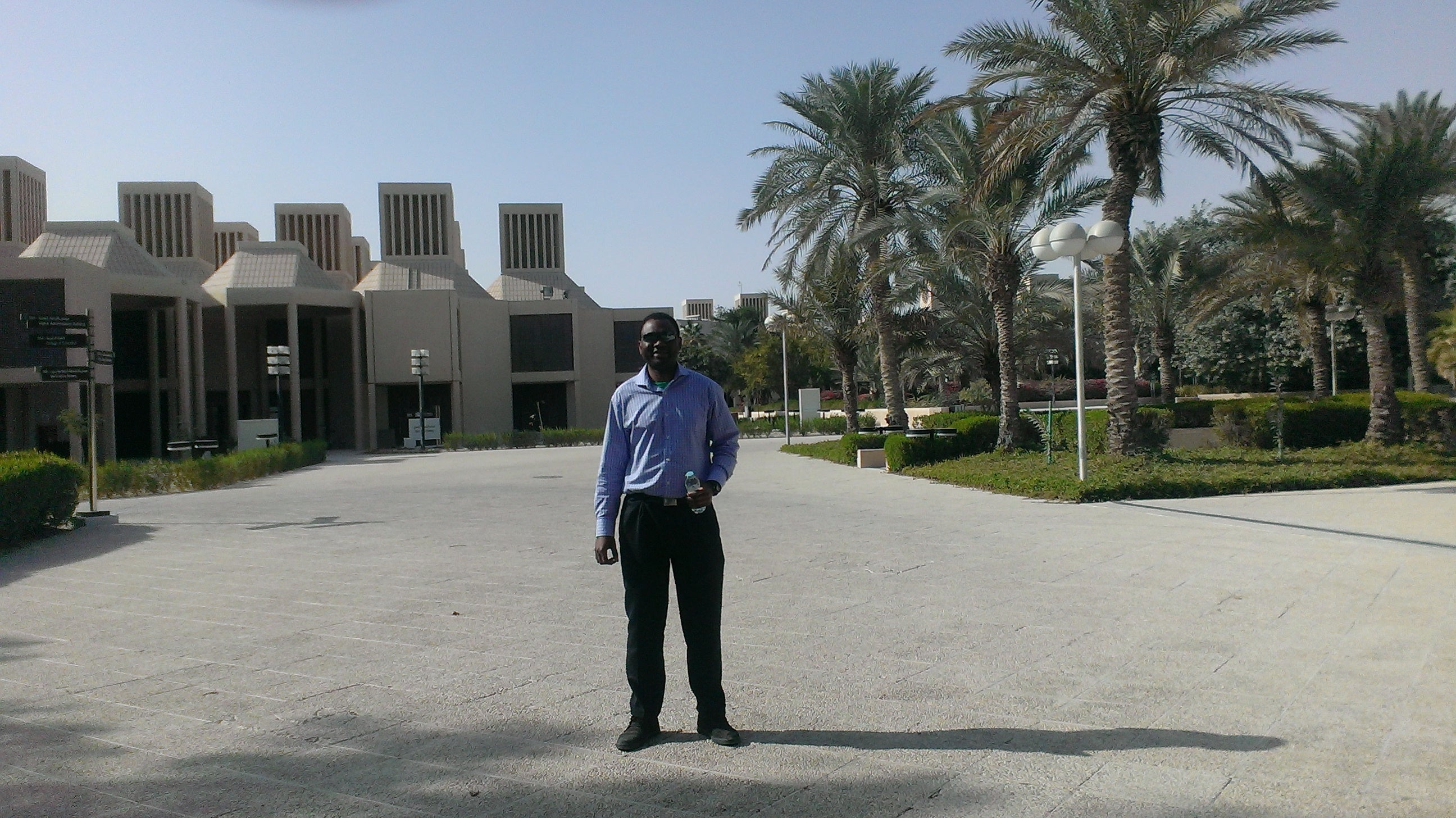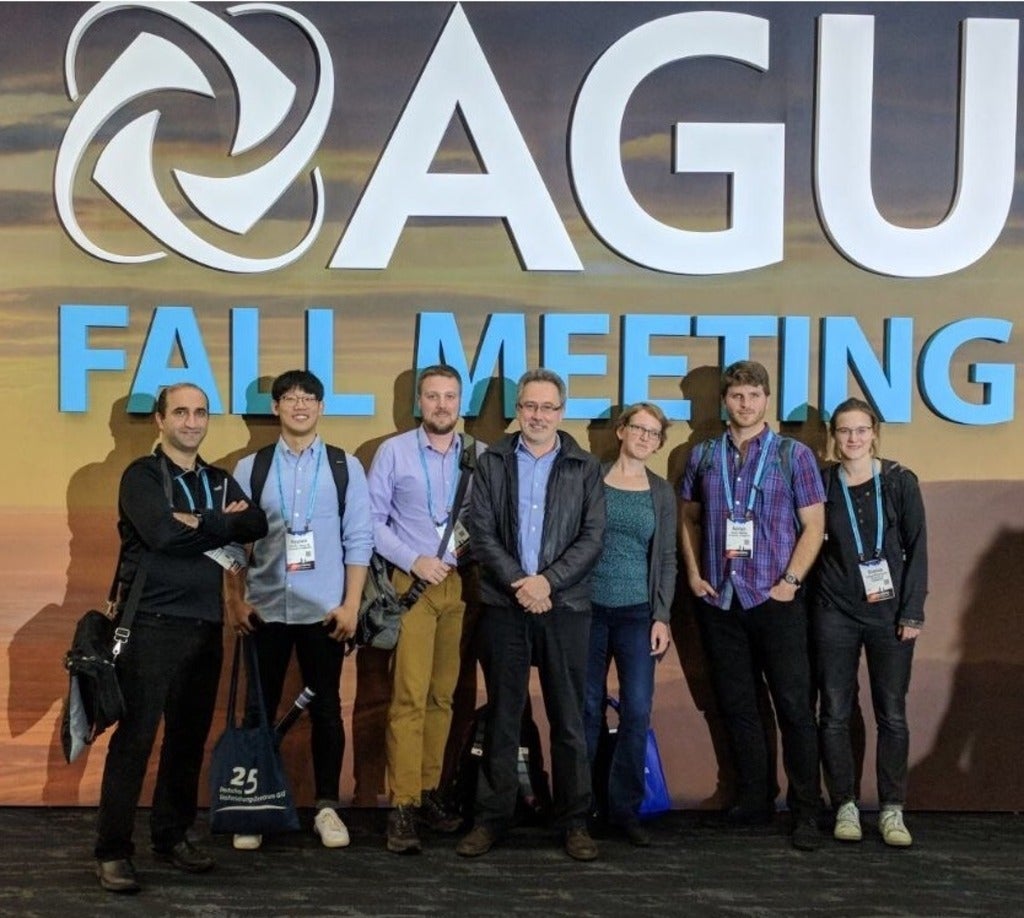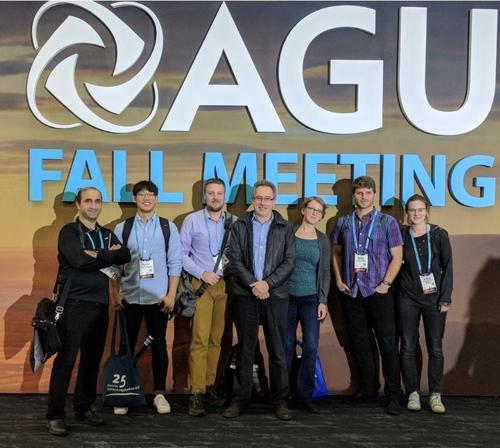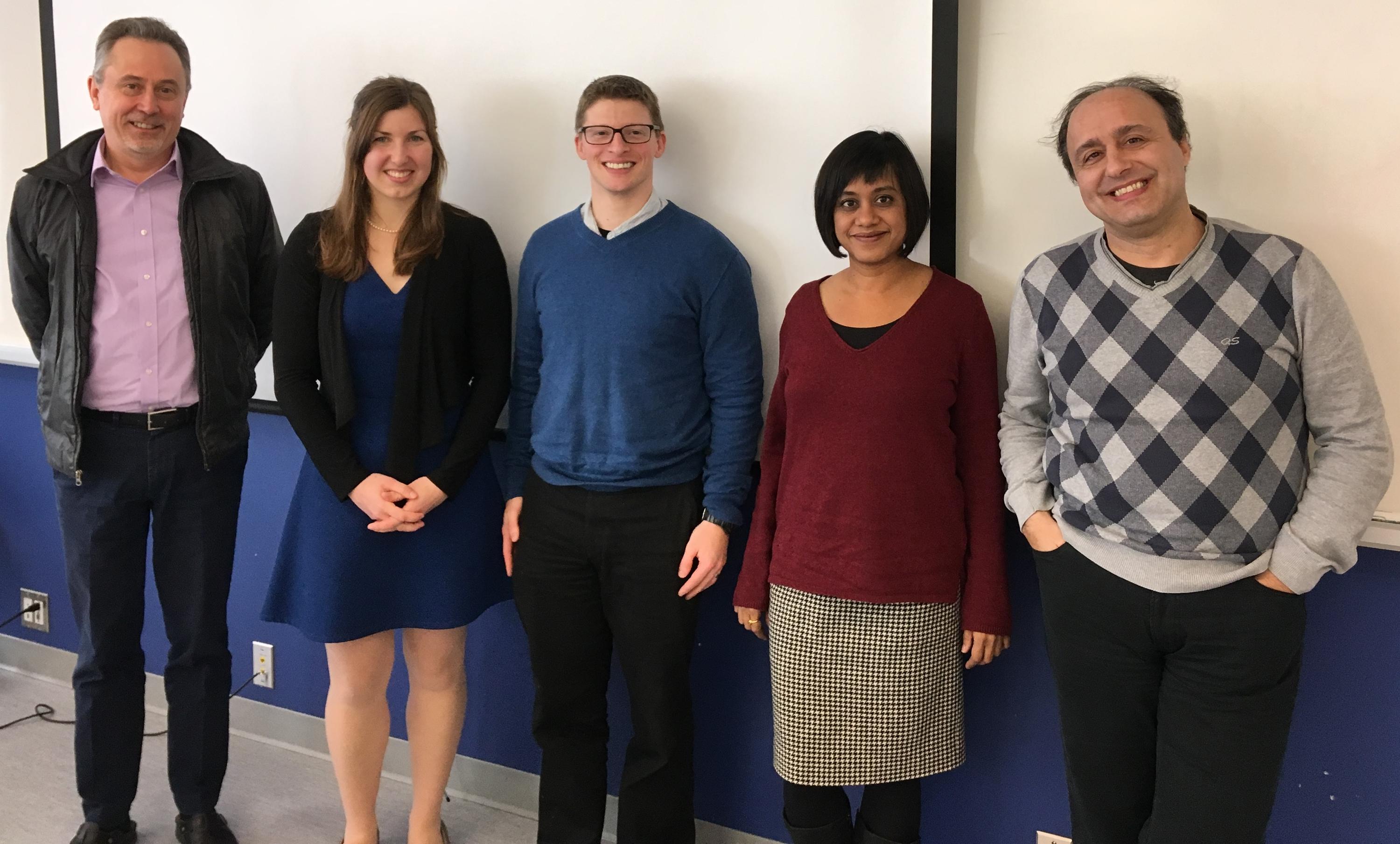New publication on geophysical monitoring of bio-reactive transport processes in porous media
Environmental Science & Technology articles ASAP (as soon as publishable) now features a publication by Adrian Mellage, Christina Smeaton, Alex Furman, Estella Atekwana, Fereidoun Rezanezhad and Philippe Van Cappellen. The paper titled "Linking spectral induced polarization (SIP) and subsurface microbial processes: Results from sand column incubation experiments" focuses on the monitoring of microbial growth in porous media using spectral induced polarization (SIP).
